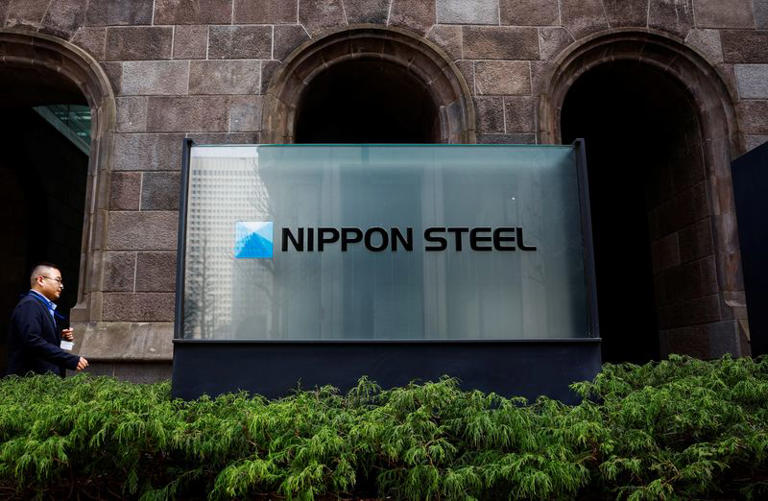Nippon Steel, one of Japan’s premier steelmakers and ranked fourth globally in its industry, has sparked significant debate and concern with its proposed acquisition of U.S. Steel for $15 billion. This move, supported by U.S. Steel itself but met with resistance from various quarters including a powerful labor union and the White House, has brought to the forefront crucial questions about its potential impact on Nippon Steel’s climate goals and decarbonisation efforts.
Concerns Raised by Activist Shareholders
The Australasian Centre for Corporate Responsibility (ACCR), holding a minority stake in Nippon Steel, has been vocal about the possible repercussions of integrating U.S. Steel’s operations into Nippon Steel’s portfolio. Brynn O’Brien, ACCR’s Executive Director, pointed out that the addition of U.S. Steel’s 11 blast furnaces to Nippon Steel’s operations is likely to escalate the costs associated with decarbonisation efforts. Blast furnaces are known for their high carbon emissions, posing a significant challenge to Nippon Steel’s existing commitments to reduce its carbon footprint.
Shareholder Proposals and Transparency Calls
In response to these concerns, ACCR, alongside Corporate Action Japan (CAJ) and Legal & General Investment Management (LGIM), has filed shareholder proposals aimed at compelling Nippon Steel to enhance its decarbonisation strategy. CAJ, led by Yasunori Takeuchi, has emphasized the need for greater transparency regarding Nippon Steel’s carbon emission targets. This transparency is crucial for investors to accurately assess risks, including the comprehensive costs of decarbonisation initiatives across Nippon Steel’s entire operational framework.
Existing Decarbonisation Plans and Challenges
Nippon Steel had previously unveiled ambitious decarbonisation plans in 2021, even before the U.S. Steel acquisition bid. These plans outlined potential capital expenditures amounting to up to 5.5 trillion yen ($34.8 billion) by 2050, encompassing significant investments in research and development. These initiatives are intended to mitigate the environmental impact of Nippon Steel’s operations and align with global efforts to combat climate change.
Strategic Response and Commitments
In an effort to assuage concerns, Nippon Steel has committed to investing a minimum of $1.4 billion in technology upgrades at U.S. Steel’s mills. These upgrades are designed to enhance the production of advanced and environmentally sustainable steel products. Moreover, Nippon Steel plans to introduce innovative measures such as hydrogen injection into its coking coal-exposed blast furnaces, a pilot project already underway near Tokyo. Additionally, the company aims to expand the deployment of carbon capture, utilisation, and storage (CCUS) technologies, alongside increasing the utilization of electric arc furnaces known for their lower environmental impact compared to traditional blast furnaces.
Implications and Future Directions
The upcoming annual general meeting of Nippon Steel, scheduled for June 21, 2024, is anticipated to be a pivotal event where stakeholders seek clarity on how the proposed acquisition aligns with Nippon Steel’s long-term decarbonisation objectives. As shareholder activism around climate change gains traction globally, including in Japan, the outcomes of these discussions will likely influence Nippon Steel’s strategic trajectory. Balancing economic imperatives with environmental sustainability remains a critical challenge for Nippon Steel as it navigates the complexities of global steel production and its environmental footprint.
Conclusion
The intersection of Nippon Steel’s strategic expansion through the acquisition of U.S. Steel and its commitment to decarbonisation represents a critical juncture for the company. As stakeholders continue to scrutinize these developments, the path forward for Nippon Steel will hinge on its ability to integrate sustainability into its growth strategy, fostering transparency, and addressing the evolving demands of global markets and regulatory landscapes.
